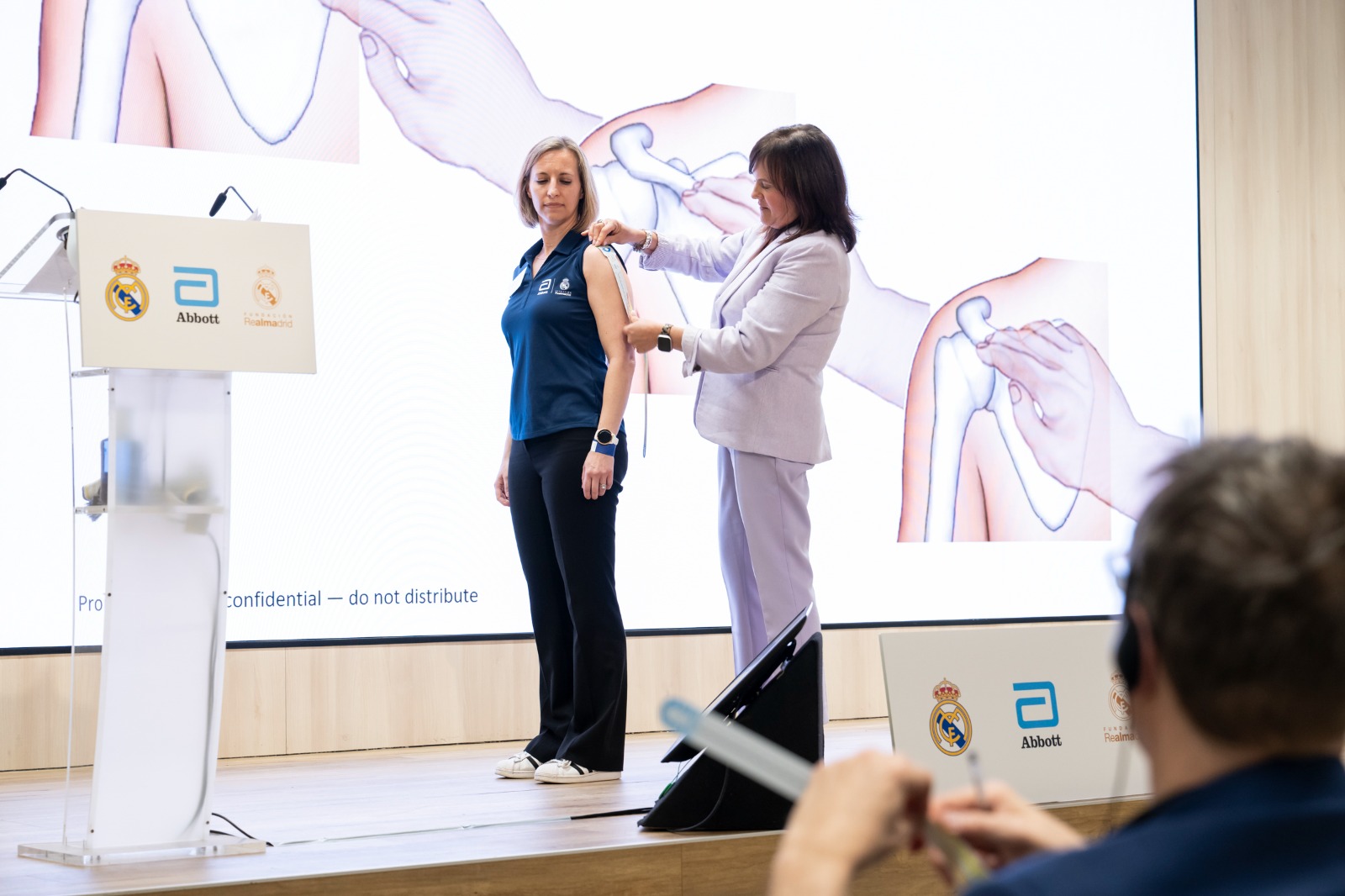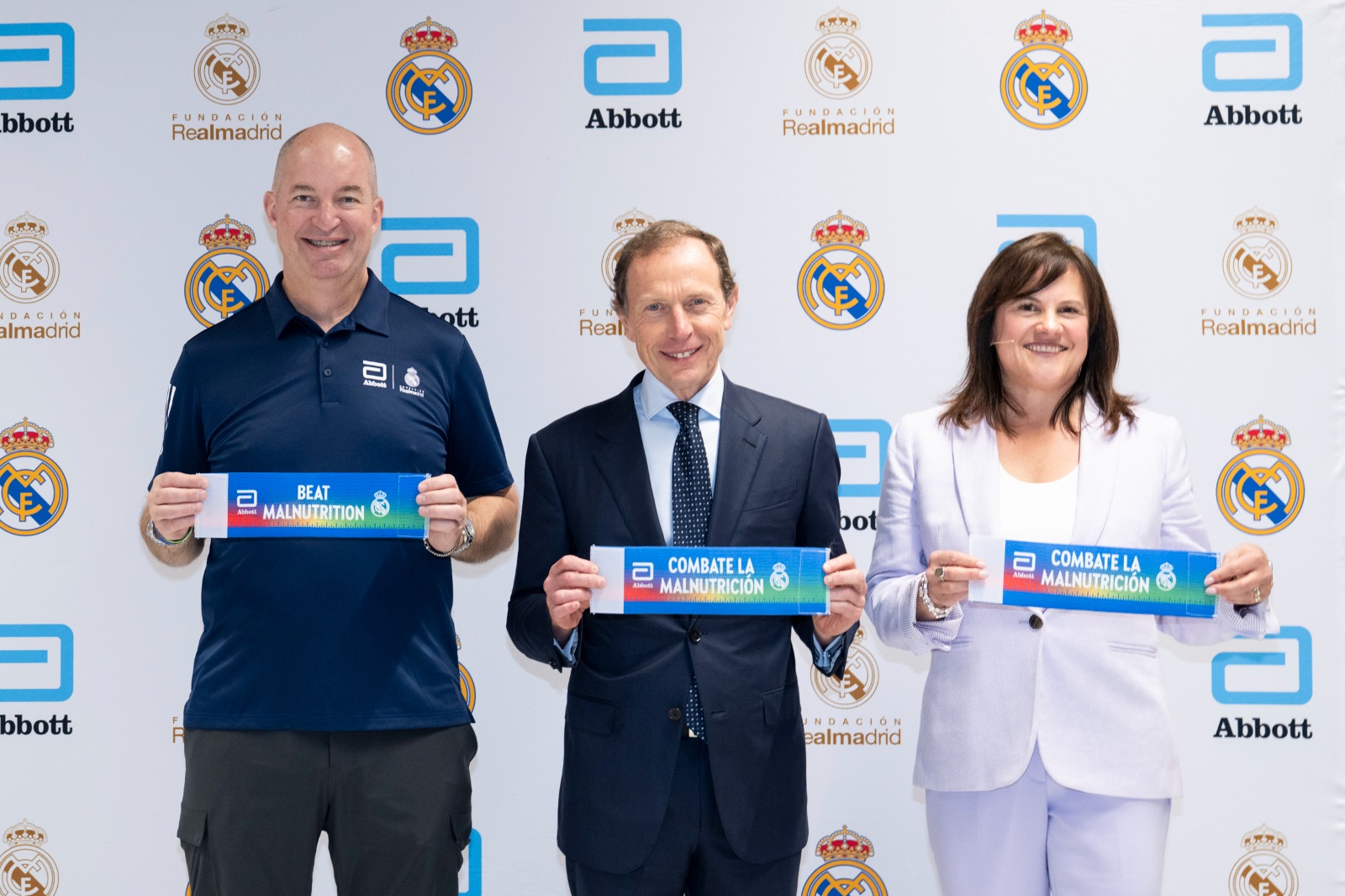Guidelines for programming your brain to form new healthy habits

Proper growth during childhood is essential for a healthy life. Nutritional deficiencies can not only limit physical growth but also affect children's cognitive and overall development. Therefore, it is crucial to foster good nutritional habits from an early age.
But first: What is a habit? A habit is a behavior or action that is repeated regularly. Over time, your brain learns that performing that action brings a reward or a positive feeling, so you tend to repeat it. This is known as a feedback loop: basically, you've conditioned yourself to continue that behavior.
“To create a new habit, you have to rewire your brain a bit,” says Professor John Weinman, an expert in health psychology and treatment adherence at the Centre for Adherence Research and Education at King's College London.
“Habits are actions triggered by cues, whether it's a specific time of day, a specific place, or an activity. When you perform that action, you should have a good feeling, a positive affirmation that makes you more likely to do it again... again and again,” Weinman adds.

Habits are actions triggered by cues. Photo: iStock
The key to forming new habits is setting clear and specific goals. It's been proven that people are more successful at achieving their goals when they have a well-defined plan. Research shows that those who adopt healthy behaviors in their daily lives do so largely out of habit.
“When children learn the importance of good nutrition, physical activity, and healthy habits, they not only lay the foundation for their own long-term well-being, but they also become agents of change in their homes and communities,” says Dr. Claudia Sánchez, Abbott's Chief Medical Officer.
How long does it take to create a habit? According to the 21/90 rule, echoed by many coaches, it takes 21 days to create a habit and 90 days for it to become a permanent lifestyle change. While it's encouraging to think that any change is possible in just three weeks, the reality is more complicated.
There's no magic number of days to create a habit or make a lifestyle change, but there are strategies for establishing and maintaining them. For example, "habit stacking" helps new habits stick because it takes advantage of the connectivity of human behavior.
Here's how you can do it:
- Take a habit you already have.
- Think of a new habit you want to start.
- Put the habits together, repeatedly.
- Over time, the new habit will become a natural part of your routine.
Of course, there are other important factors, such as self-discipline and responsibility. However, the combination of good habits can help you—and your children—achieve your goals by harnessing the natural impulses of human behavior.
Developing healthy eating habits from an early age helps reinforce smart nutritional choices throughout your children's growth. That's why it's essential to start as early as possible. Children who follow a balanced diet tend to be more focused in school, enjoy physical activity more, and generally have more energy.
The alliance that is promoting healthy habits in Colombia Abbott, Real Madrid, and the Real Madrid Foundation are collaborating in Colombia to educate girls and boys on health and nutrition, motivating them to adopt healthy habits and an active lifestyle that they can share and promote within their communities and families.
Since 2022, the alliance has provided more than 67,000 hours of health and nutrition education and screened more than 6,800 children for malnutrition risk in 12 countries—including Colombia, Brazil, Guatemala, Mexico, Peru, and others. All of these efforts are part of the Abbott and Real Madrid "Combat Malnutrition" campaign, in which Abbott is the Health Sciences and Nutrition partner of Real Madrid Football Club and a global partner of the Real Madrid Foundation.

Abbott and the Real Madrid Foundation are working to promote a healthier future in Colombia. Photo: Abbott
In Colombia, this campaign has provided more than 17,000 hours of training and has tested more than 1,000 children for malnutrition risk in Barranquilla, Medellín, and Armenia. The alliance recently expanded its activities to Cali.
Additionally, between 2021 and 2025, Abbott has distributed more than 220,000 MUAC z-score tapes throughout Latin America and trained more than 35,000 coaches, community members, and healthcare professionals in the region on how to use them and identify children who may be at risk. These efforts contribute to Abbott's sustainability goal of transforming malnutrition care and improving the lives of 3 billion people annually by the end of the decade.

Abbott and Real Madrid alliance. Photo: Abbottt
"Our collaboration with Real Madrid and the Real Madrid Foundation focuses on giving children the tools they need to thrive, starting with good nutrition and healthy habits," says Dr. Sánchez.
In addition to nutrition, the alliance promotes dynamic sports and exercise activities, hydration, and healthy sleep, through a specialized curriculum tailored to the realities and needs of each community where it is implemented.
Environment and Health Journalist
eltiempo





